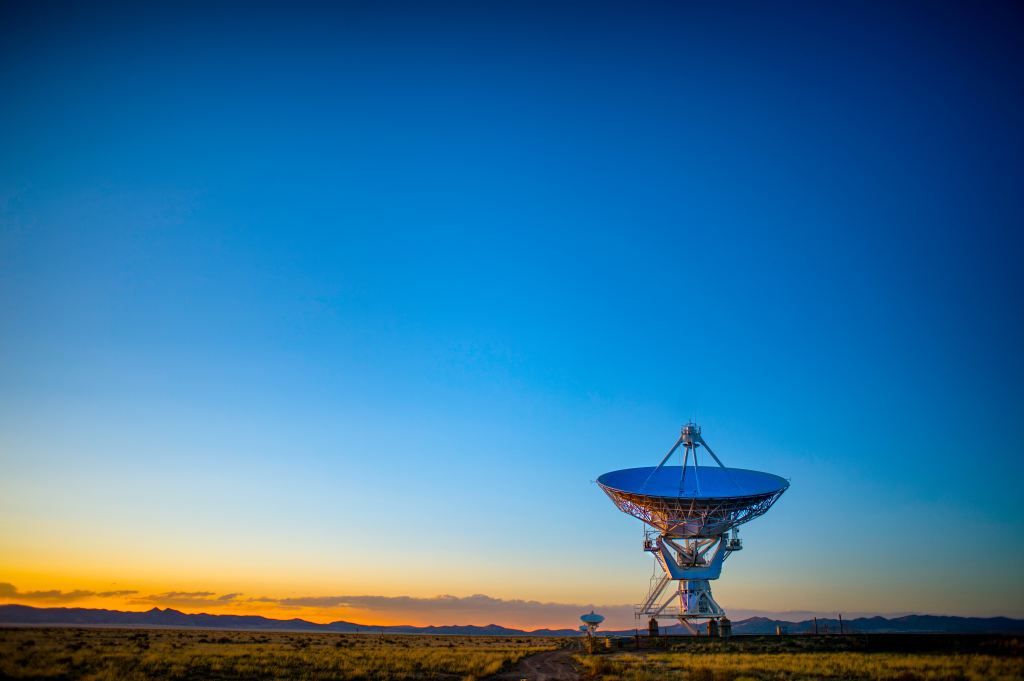In 1633, Galileo Galilei stood before the Inquisition, charged with heresy for saying that the earth revolved around the sun. He refused to recant what he believed was true, and as a result, he was forced into house arrest until his death in 1642. A man of science had stood up for the truth of what he had observed with his own eyes, and yet, the ignorant Church refused to listen to him or to even look through his telescope.
The Truth of the Galileo Affair
At least that is the version of the story that we are often told—the truth is much more complicated. Up to the time of Galileo, both the scientific and religious communities had accepted the ancient Greek teachings about the earth-centered universe. When Nicolas Copernicus, Johannes Kepler, and Galileo Galilei came along in the 1600s proposing the idea that the earth revolved around the sun, they upended centuries of accepted scientific teaching. It was not just the Catholic Church who opposed this idea, but almost all scientists.
Galileo received so much opposition, in part, because there was no solid evidence that the earth revolved around the sun. For example, if it did revolve around the sun, astronomers should see stars moving back and forth in the night sky as the earth moved from one side of the sun to the other throughout the year—and they didn’t. It would be several hundred years before astronomers were able to make precise enough measurements to actually see this happening.
Galileo’s behavior didn’t help people accept his ideas. His arrogant attitude toward other scientists made him many enemies. Galileo also provoked church leaders unnecessarily when he wrote a play called Dialogue on the Two World Systems. In it he had a wise character espouse his ideas about a heliocentric universe and placed an argument that the current pope had used in the mouth of a foolish character named Simplicio. As expected, the pope was not impressed.
Science Versus Faith?
Instead of Galileo’s trial and imprisonment being the classic example of the conflict between faith and science—as it is often portrayed—we see a story where man’s fallen nature caused much of the disagreement. Galileo’s arrogance and the scientific community’s reluctance to accept new ideas were two of the main causes of Galileo’s imprisonment, not faith versus science.
For thousands of years, many scientists called themselves “natural philosophers.” They saw their work as a way to worship God by learning more about the natural world He had created. Important scientists such as Isaac Newton, Johannes Kepler, Robert Boyle, Michael Faraday, and Louis Pasteur were all professing Christians who believed that their work was uncovering the hidden mysteries of creation.
The now widespread view that science and faith are pitted against each other is a relatively recent development. It wasn’t until the early to mid-1800s, when some works such as Charles Darwin’s On the Origin of Species were published, that there was a larger movement by some scientists to come up with explanations for the world that didn’t include a Creator God. Up until that time, most scientists operated with the assumption of a Creator God who had created the orderly universe they were observing.
Science Is a Powerful Tool, But…
Science is a powerful tool that we can use to learn about God’s creation, but it has serious limitations. For one, it can only tell us about the physical world, not about spiritual realities. Science cannot disprove the existence of God because science can have nothing to say on anything outside of physical existence. For spiritual truths, we must rely on direct revelation from the Bible or from the Holy Spirit.
Science is also done by flawed people. Since the Fall, man must deal with separation from God. We struggle with selfishness, ignorance, anger, fear, biases, and everything else that comes from a fallen nature. This fallen nature affects how well we can do science and how true our conclusions are.
If we combine fallen humans with a tool that can investigate only the physical world, it is inevitable that scientists will sometimes come up with ideas that go against God’s truth. The question is, what should we do when our children read something that talks about billions of years or humans evolving from apes like it is fact?
What To Do
First, acknowledge that science books sometimes conflict with what the Bible tells us. Explain that some scientists work from the assumption that there is no God. This assumption, combined with incomplete knowledge, makes it inevitable that scientists will sometimes promote ideas that don’t align with the truth of the Bible.
Acknowledge that sometimes we as Christians cannot explain why we can see galaxies billions of light-years away or why there are rocks that appear to be millions or billions of years old. There is a lot that we don’t know about the world, but we still must stand on the foundation of our best understanding of the Bible because we believe it is from God.
Last, encourage your children to learn about the world. The more they learn, the more they can see the fingerprints of the Designer. Even secular scientists cannot help but show us how amazing the universe is. From the majesty of the night sky to the complexity of life, creation speaks of the attributes of the Creator.
This article was previously published in the Summer 2023 issue of the Homeschooler’s Friend magazine from Christian Light Education.

Leave a comment